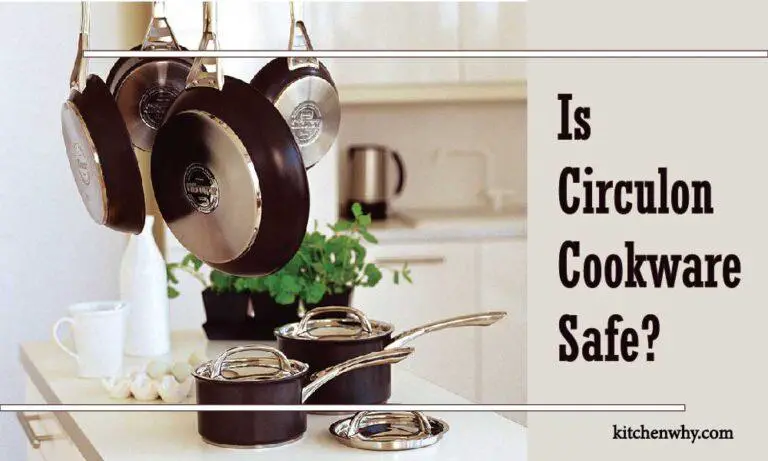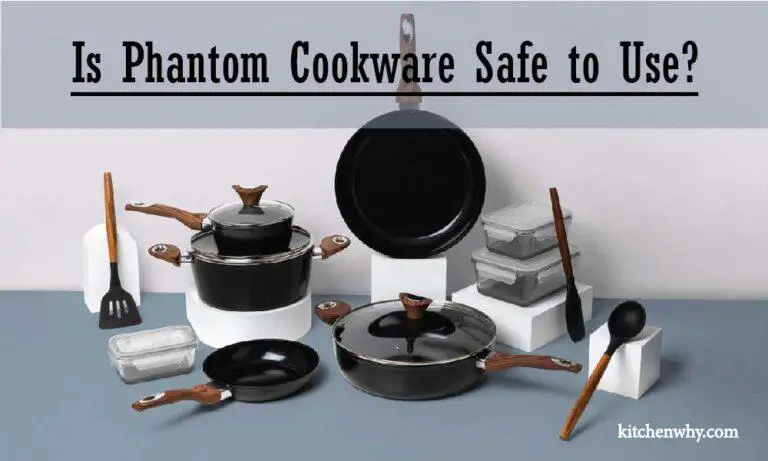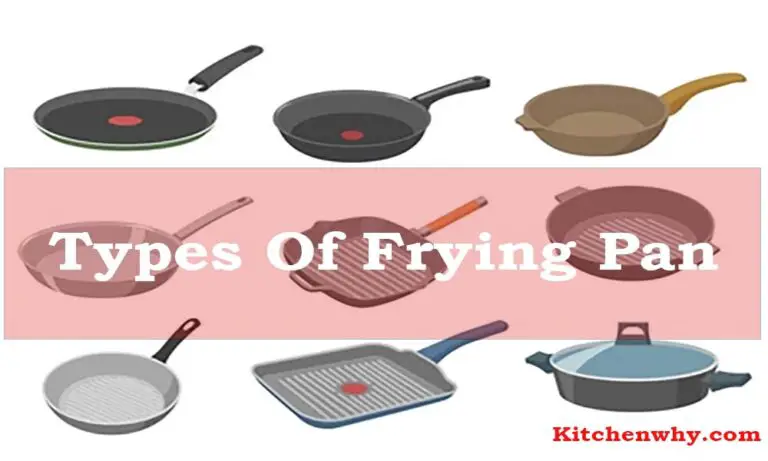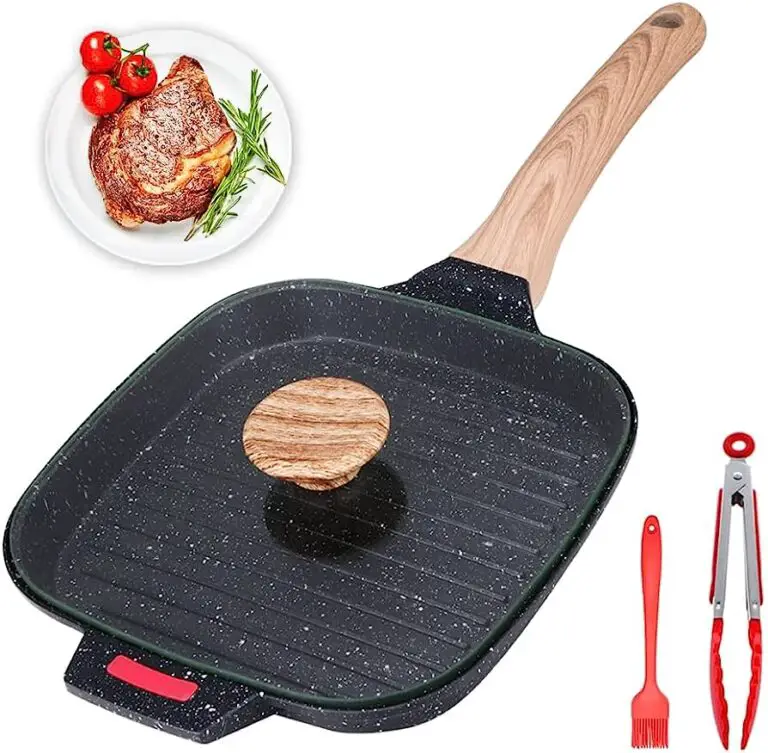Is Aluminium Cookware banned in Europe?
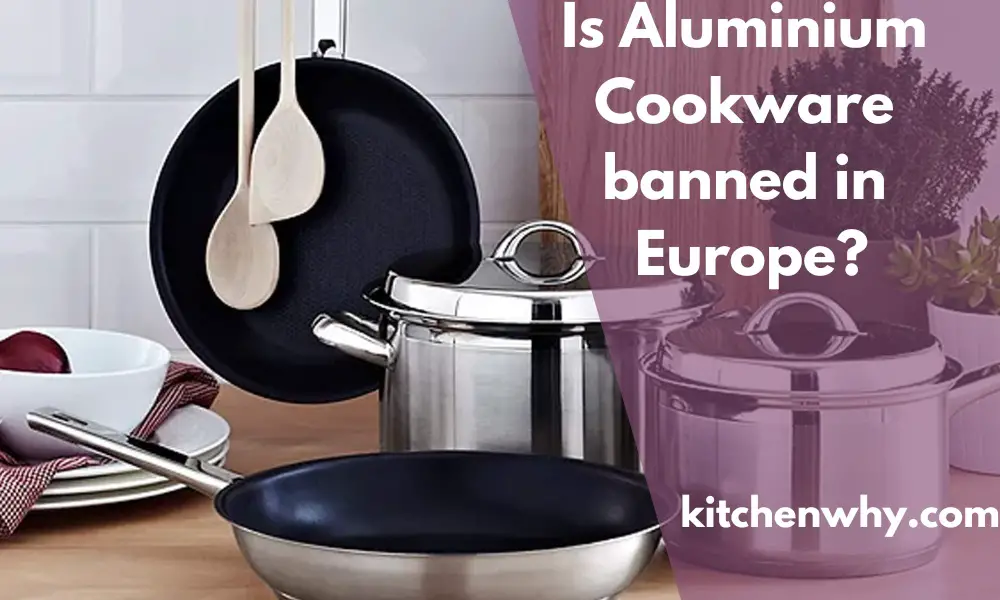
Aluminum cookware is not banned in the whole of Europe. But aluminum cookware is banned in 6 European countries like France, Belgium, Switzerland, Brazil, Hungary, and Great Britain today.
However, there are regulations regarding the migration of aluminum into food, and the use of coatings on aluminum cookware to prevent such migration is recommended.
Aluminum cookware is lightweight and affordable, making it a popular choice for many households. However, there were concerns about the potential health risks associated with the use of aluminum in cookware, as it can potentially leach into food during cooking.
To address these concerns, the European Union has established limits on the amount of aluminum that can migrate from cookware into food, as well as recommendations for the use of coatings on aluminum cookware to prevent such migration. In this article, we will explore the regulations and recommendations regarding the use of aluminum cookware in Europe.

Credit: jicamasf.com
Is Aluminium Cookware in Europe?
No, there is no blanket ban on Aluminum cookware in Europe. But aluminum cookware is banned in 6 European countries like France, Belgium, Switzerland, Brazil, Hungary, and Great Britain today.
Aluminum is a widely used material for cookware and is available for purchase throughout European countries. It is commonly used due to its excellent heat conductivity, lightweight nature, and affordability.
However, it’s important to note that there are regulations and standards in place in Europe to ensure the safety of consumer products, including cookware. These regulations govern factors such as the materials used, manufacturing processes, and migration limits for substances that may be present in cookware.
For instance, the European Union (EU) has regulations in place to limit the migration of certain substances from cookware into food. These regulations, such as Regulation (EC) No 1935/2004 and Regulation (EU) No 10/2011, aim to safeguard consumer health and safety. Cookware manufacturers are required to comply with these regulations and ensure that their products meet the specified standards.
Aluminum cookware can be manufactured and sold in Europe as long as it meets these regulatory requirements. It is important to look for cookware that carries the CE marking or other relevant certifications to ensure compliance with EU safety standards.
While aluminum cookware is generally considered safe for cooking, it is recommended to follow proper usage and maintenance guidelines. Avoid using aluminum cookware for highly acidic or alkaline foods, as prolonged exposure to extreme pH levels may cause slight interactions between the food and the metal. Additionally, it is advisable to follow the manufacturer’s instructions for cleaning and care to maintain the integrity of the cookware.
In summary, aluminum cookware is not banned in Europe, but it is subject to regulations to ensure its safety and compliance with established standards. By selecting cookware from reputable brands and following recommended usage practices, consumers can safely enjoy the benefits of aluminum cookware in their kitchens.
The Safety Of Aluminium Cookware
Aluminum cookware is prevalent around the world, but its use has been a topic of discussion amongst many people. This is mainly due to concerns over the safety of using such cookware, which has led to many questioning whether it is banned in Europe altogether.
In this blog post, we will be discussing the safety of aluminum cookware, providing readers with an overview of scientific research on this topic, as well as a detailed explanation of the possible dangers associated with using it. Furthermore, we will be taking a look at the potential health effects that come with using aluminum cookware.
Explanation Of The Possible Dangers Of Using Aluminium Cookware.
Aluminum cookware is a popular choice among many households around the world, but its use has raised some concerns, mainly due to the following possible dangers:
- Aluminium is a reactive metal, meaning that when it comes into contact with acidic foods such as tomatoes and citrus fruits, it can leach into the food and potentially cause harm to our health.
- When aluminum cookware is damaged, such as when it is scratched or scraped, it can cause pieces of aluminum to leach into the food that is being cooked. This can lead to us ingesting some of the metal, which can be harmful to us.
- Cooking food on excessively high heat with aluminum cookware can lead to the metal leaching into our food, potentially having harmful effects on our health.
Overview Of The Scientific Research On The Safety Of Aluminium Cookware.
Research has been conducted on the safety of using aluminum cookware, with the findings showing the following:
- While small amounts of aluminum can leach into acidic foods, the amount that is transferred to food is minimal and poses no significant health risks to individuals.
- The world health organization has determined that the average person can consume up to 50 milligrams of aluminum daily without any adverse effects on their health.
- Studies suggest that consuming large amounts of aluminum can lead to health problems such as kidney disease and bone disorders. However, the current evidence is inconclusive, and more research is needed to determine the relationship between aluminum and these health issues.
Discussion Of The Possible Health Effects Of Using Aluminium Cookware.
While research on the safety of using aluminum cookware is ongoing, there are potential health effects associated with consuming the metal:
- High levels of aluminum in the body can cause adverse effects on the nervous system, leading to symptoms such as a loss of coordination and impaired memory.
- Ingesting high levels of aluminum can have harmful effects on our bones, potentially leading to conditions such as osteoporosis and fractures.
- Regular consumption of large amounts of aluminum can have effects on our kidneys, leading to disorders such as renal failure.
Overall, while there are some possible dangers associated with using aluminum cookware, research suggests that consuming it in small amounts poses no significant health risks to individuals. Nevertheless, it’s important to exercise caution when using this type of cookware and consider factors such as the cookware’s age and condition when using it.
The Alleged Ban On Aluminium Cookware In Europe
Overview Of The Alleged Ban On Aluminium Cookware In Europe.
Aluminum cookware has been a part of our kitchens for ages. Recently, there’s been news about a supposed ban on aluminum cookware in Europe. Let’s dive into this and see what it’s all about.
Explanation Of The Reasons Behind The Ban.
The use of aluminum cookware has been associated with health concerns such as Alzheimer’s disease. The acid in highly acidic foods can react with the metal, resulting in the leaching of aluminum into our food. This is a cause for concern as high levels of aluminum in the body can have negative effects on the brain and other organs.
For this reason, the European Union has imposed restrictions on the use of aluminum cookware.
Discussion Of The Countries In Europe Where The Ban Is In Place.
The EU has not specifically banned aluminum cookware. However, there are regulations on the maximum amount of aluminum that cookware can release. Some specific countries like France and Germany had gone a step ahead and banned the use of cookware that releases more than this limit.
In general, these regulations are in place to protect the health of consumers and ensure that the cookware in use is safe.
While there is no complete ban on the use of aluminum cookware in Europe, there are restrictions in place to ensure that it is safe for use. Therefore, we should always make sure to check the quality of the cookware before making a purchase to ensure the safety of ourselves and our loved ones.
The Truth About The Ban On Aluminium Cookware In Europe
Aluminum cookware is commonly used worldwide, but there have been ongoing debates surrounding its safety. One of the most significant questions is whether aluminum cookware is banned in Europe. We debunk the myths and shed light on the truth about the ban on aluminum cookware in Europe.
Explanation Of The Misconceptions Around The Ban On Aluminium Cookware In Europe
There have been a lot of rumors surrounding the topic of the ban on aluminum cookware in Europe. It’s essential to understand that there is no universal ban on aluminum cookware in Europe. Here are some of the most common misconceptions and why they are untrue:
- Aluminum cookware is banned in Europe – false; there is no universal ban on aluminum cookware in Europe. However, there are strict regulations on the use of aluminum cookware that manufacturers must adhere to.
- The ban is because of the health risks aluminum cookware poses – false, the european union banned aluminum cookware coated with non-stick Teflon materials. The aims were to limit the use of toxic pfoas. There’s no proof aluminum cookware poses this danger.
Discussion Of The Actual Status Of The Ban
As mentioned earlier, there is no ban on aluminum cookware in Europe. However, the European Union has stringent regulations governing the use of aluminum cookware, and manufacturers must adhere to them. The regulations include:
- Limits on the amount of aluminum that can migrate from the cookware into food.
- The European Commission has set a maximum usage limit for specific coloring agents used in aluminum products.
- Any product not meeting the safety standards should be withdrawn from the market or recalled.
Overview Of The Regulatory Bodies Responsible For The Ban
Several regulatory bodies in Europe are responsible for ensuring manufacturers adhere to the safety regulations for cookware, including aluminum cookware. Here are some of the regulatory bodies:
- The European Commission – responsible for policy development and coordination of regulations governing aluminum cookware and other products.
- European food safety authority (efsa) – is responsible for assessing safety risks
- The European chemicals agency (echa) – is responsible for enforcing the regulations that govern the use of colorants and other chemicals in the aluminum industry.
There’s no ban on aluminum cookware in Europe. However, the safety measures and regulations governing this industry are in place to ensure the safety of people using it. Always ensure you purchase aluminum cookware products from trusted and reputable sources that have certification to operate.
Frequently Asked Questions For Is Aluminium Cookware Banned In Europe?
Is Aluminium Cookware Safe For Cooking?
Aluminum cookware is safe for cooking as the metal is lightweight, affordable, and heats quickly. It is widely used in the kitchen and is safe as it is coated with non-stick properties that do not allow the food to stick to the surface.
Does Cooking In Aluminium Cause Alzheimer’S?
There is no evidence that shows cooking in aluminum causes Alzheimer’s. Aluminum exposure is much lower in cookware than in other sources of exposure, and the amount of aluminum that leaches from the cookware is negligible.
Is Aluminium Cookware Banned In Europe?
No, aluminum cookware is not banned in Europe. The european union regulates the amount of aluminum that can be used in cookware to ensure public safety. Cookware must pass strict safety standards to be sold in Europe.
Can Acidic Foods Be Cooked In Aluminium Cookware?
Cooking acidic foods in aluminum cookware can cause a reaction, which leads to the metal leaching into the food. It is not recommended to cook acidic foods like tomato sauce or vinegar-based recipes in aluminum cookware.
What Are The Best Alternatives To Aluminium Cookware?
Stainless steel, cast iron, ceramic, and glass are some of the best alternatives to aluminum cookware. They are durable, safe for cooking, and are available in a variety of sizes and shapes. These materials retain heat well and are easy to clean.
Conclusion
Aluminum cookware is a topic of concern among many consumers, mainly because of the health and safety risks associated with it. While it is true that some European countries have strict regulations in place when it comes to aluminum cookware, it is not completely banned.
The key to the safe use of aluminum cookware lies in understanding how it should be used and maintained. It is always advisable to buy high-quality cookware that has been tested and certified safe for use. Remember to always follow the manufacturer’s instructions and avoid cooking acidic or salty foods on aluminum cookware.
The bottom line is that aluminum cookware is not completely banned in Europe, but it is important to use caution when using it. By understanding the risks and taking proper steps to minimize them, you can continue to enjoy the convenience and versatility that aluminum cookware offers while keeping your health and safety a top priority.

